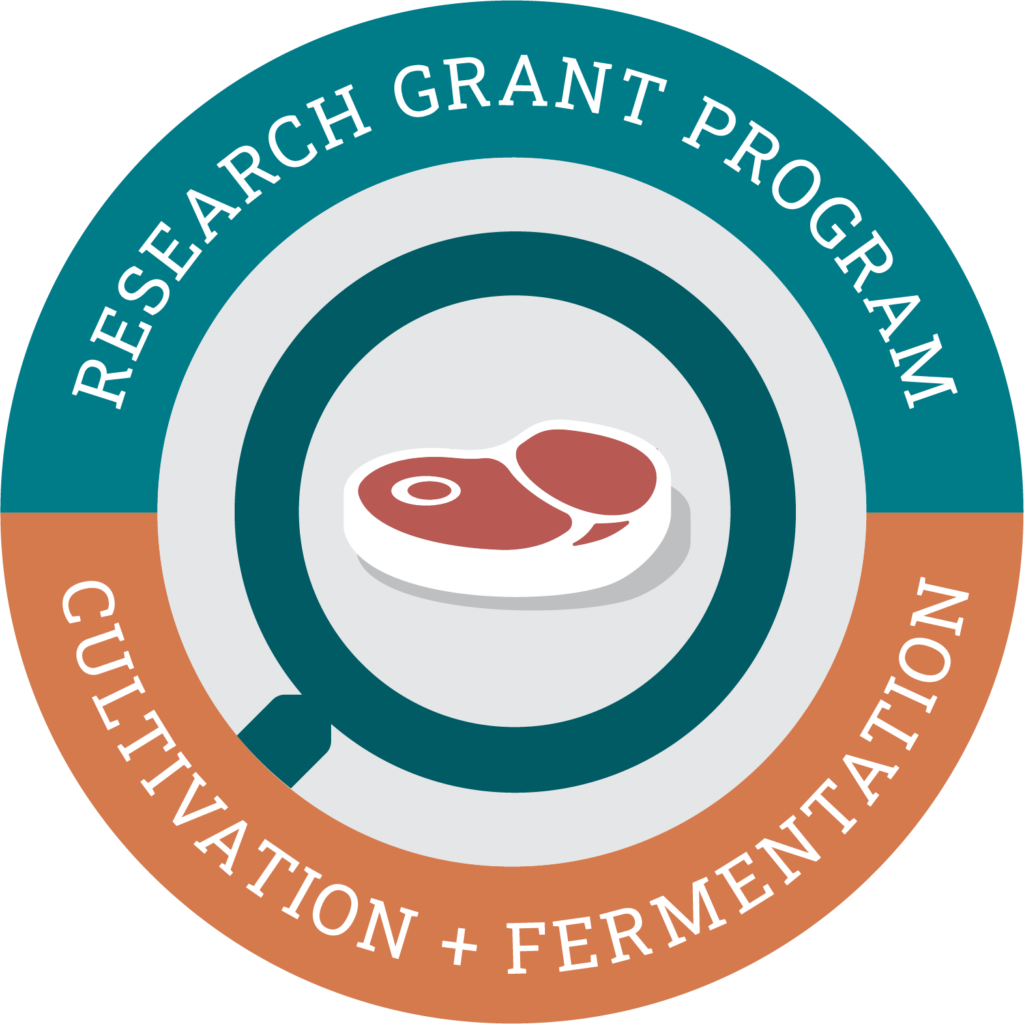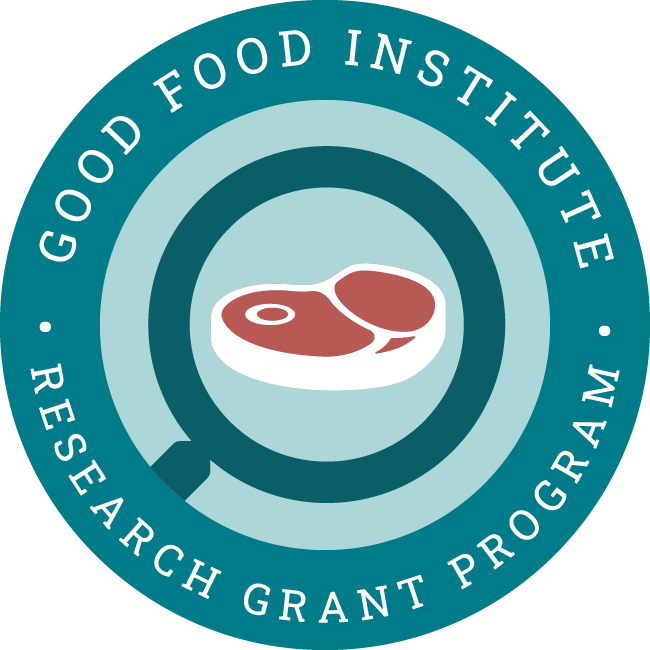Low-cost cell culture media
2025 – 2027
This project aims to develop efficient and cost-effective cell culture media from optimized bioprocesses for industrial-scale cultivated meat production.
Production platform: Cultivated, Fermentation
Technology sector: Cell culture media, Feedstocks optimization

Project aims
Cultivated meat has the potential to diversify how we produce protein, but it still faces significant challenges, especially due to the high cost of key ingredients for cell culture media. A potential solution to this challenge is the use of agricultural sidestreams for protein production through fermentation. This method is not only cost-effective but also takes advantage of abundant resources. Edible microorganisms, such as fungi and microalgae, can grow on these sidestreams, transforming them into valuable protein-rich biomass. These proteins, after hydrolysis, could then provide the essential amino acids and nutrients needed for cultivated meat.
This project focuses on exploring how protein hydrolysates derived from microorganisms can be used to create a new, low-cost, and efficient cell culture medium for large-scale cultivated meat production. A key aspect of this approach is the circular economy, which emphasizes sustainability. By using a by-product from the agroindustry to cultivate microorganisms, the project aims to reduce waste and produce the necessary proteins for cultivated meat production. Another goal is to optimize and select the best methods for extracting proteins and amino acids from these microorganisms. These efforts will support the scaling of cultivated meat production, helping to make it a viable and eco-friendly option.
Principal Investigator

Prof. Carlos Ricardo Soccol
Head of the Bioprocess Engineering and Biotechnology Department
Federal University of Paraná, Brazil
Carlos Soccol has a PhD in Enzyme Engineering, Microbiology, and Bioconversion from the Université de Compiègne-France. He has 40 years of experience in biotechnology and industrial bioprocesses. He has authored 540 papers, 35 books, 222 chapters, and 119 patents. With 46,160 citations and an h-index of 104, he currently leads the Bioprocess Engineering School at the Federal University of Paraná in Brazil.

Research Grant Program
Explore grant opportunities and GFI-funded projects that are driving innovation and breaking boundaries in alt protein research.
